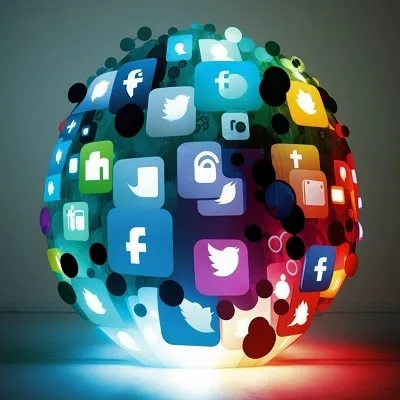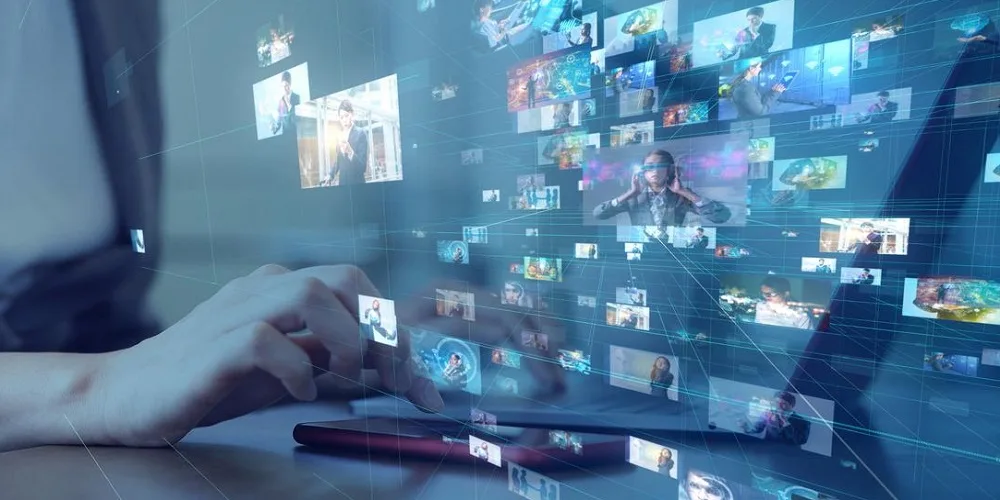Social Networks: Navigating the Complex Web of Good and Evil

In the digital age, social networks have become an integral part of our daily lives, connecting billions of people across the globe. These platforms offer unprecedented opportunities for communication, information sharing and entertainment in the spillehallen casino app. However, they also present significant challenges and drawbacks.
Advantages of Social Networks
- Enhanced Communication: Social networks have revolutionized the way we communicate, making it easier and faster to connect with friends and family regardless of geographical distances. They offer a variety of communication tools, such as messaging, video calls, and group chats, facilitating seamless interaction in real-time.
- Access to Information: These platforms have become vital sources of information and news, allowing users to stay informed about global events, trends, and topics of interest. Social networks aggregate content from diverse sources, providing a broad spectrum of perspectives and insights.
- Community Building and Support: Social networks enable the formation of communities based on shared interests, professions, or causes. These online communities provide a sense of belonging and support, offering spaces where individuals can exchange advice, share experiences, and collaborate on projects or initiatives.

Disadvantages of Social Networks
- Privacy Concerns: One of the most significant drawbacks of social networks is the risk to user privacy. Personal information can be collected, shared, or sold without consent, leading to potential misuse. Users often unknowingly expose sensitive data, making them vulnerable to identity theft and cyberattacks.
- Mental Health Impact: Excessive use of social networks has been linked to various mental health issues, including anxiety, depression, and loneliness. The pressure to maintain a certain online image, coupled with the constant comparison to others, can adversely affect self-esteem and overall well-being.
- Misinformation and Polarization: Social networks can facilitate the spread of misinformation and fake news, exacerbating societal divisions and polarizing public opinion. Algorithms designed to maximize engagement often promote sensational or divisive content, undermining informed discourse and trust in credible information sources.
The Role of Games on Social Networks
Games on social networks have transformed the way users engage with these platforms, introducing new dimensions of interaction and entertainment. While these games can enhance user experience by providing fun and engaging content, they also contribute to the addictive nature of social networks. The integration of Spillehallen casino games contributes to increased screen time, which potentially reduces productivity and interaction in the real world. Moreover, social games often employ mechanisms that encourage in-game purchases or the sharing of content with friends, blurring the lines between entertainment and commercial exploitation.
However, it’s not all negative. Games on social networks can foster community and collaboration, allowing players to connect and compete with friends or join forces in multiplayer experiences. They can also serve as a gateway to discover new interests and develop digital skills.
Social networks embody a dual nature, offering both valuable opportunities and significant challenges. They have undoubtedly transformed global communication and information sharing, fostering community and support. Yet, they also pose risks to privacy, mental health, and the quality of public discourse. The impact of games on social networks further complicates this landscape, blending entertainment with potential drawbacks. As we navigate this complex web, it’s crucial to find a balance, leveraging the benefits of social networks while being mindful of their pitfalls.
